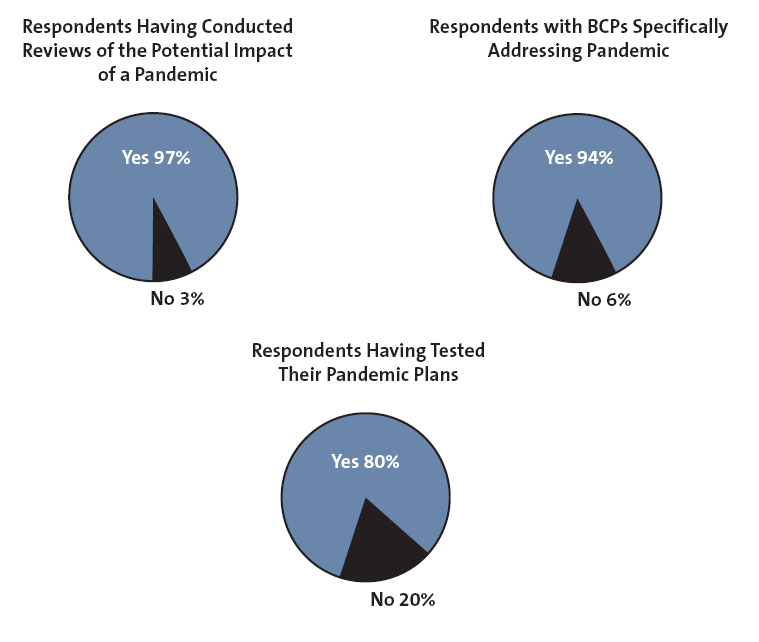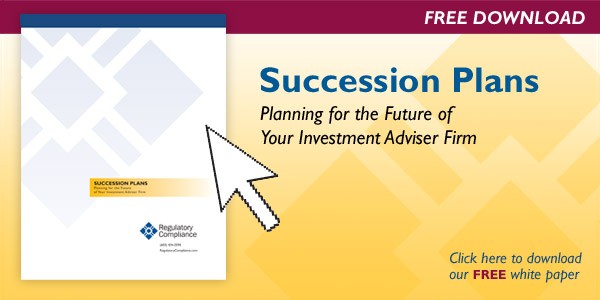FINRA’s New Know Your Customer And Suitability Rules
Post on: 9 Июнь, 2015 No Comment

On July 9, 2012, two new FINRA rules are scheduled to go into effect – Rule 2090, “Know Your Customer,” and Rule 2111, “Suitability.” Rule 2090 is modeled after former NYSE Rule 405(1), “Diligence as to Accounts,” and Rule 2111 is modeled after former NASD Rule 2030, “Recommendations to Customers (Suitability).” While the new Know Your Customer rule remains familiar, the same cannot be said for the new Suitability rule that will impose obligations beyond the traditional suitability requirements to which members and associated persons are accustomed.
On June 19, 2012, James Wrona, Vice President & Associate General Counsel of FINRA, spoke at the SIFMA Compliance and Legal Society monthly luncheon about the new Know Your Customer and Suitability rules. A summary of the presentation follows.
FINRA Rule 2090, Know Your Customer
Every member shall use reasonable diligence, in regard to the opening and maintenance of every account, to know (and retain) the essential facts concerning every customer and concerning the authority of each person acting on behalf of such customer.
Rule 2090 was modeled after NYSE Rule 405(1). The rule comes into play at the account opening stage and does not hinge on whether a recommendation is actually made to the customer. The “essential facts” to “knowing the customer” are those required to:
- Effectively service the customer’s account;
- Act in accordance with any special handling instructions;
- Understand the authority of each person acting on behalf of the customer; and
- Comply with applicable laws, regulations and rules.
FINRA Rule 2111, Suitability
(a) A member or an associated person must have a reasonable basis to believe that a recommended transaction or investment strategy involving a security or securities is suitable for the customer, based on the information obtained through the reasonable diligence of the member or associated person to ascertain the customer’s investment profile. A customer’s investment profile includes, but is not limited to, the customer’s age, other investments, financial situation and needs, tax status, investment objectives, investment experience, investment time horizon, liquidity needs, risk tolerance, and any other information the customer may disclose to the member or associated person in connection with such recommendation.
Rule 2111 is modeled after NASD Rule 2310. In addition to the factors that required consideration under Rule 2310 – a customer’s financial status, tax status and investment objectives – Rule 2111(a) delineates additional factors to consider when making a suitability determination. Importantly, the rule requires members and associated persons to document with specificity when one or more of the Rule 2111(a) factors “are not relevant components of a customer’s investment profile in light of the facts and circumstances of the particular case.” Mr. Wrona explained that defined terms were not included in the rule because FINRA desired “flexibility.”
The rule codifies the three main suitability obligations:
- Reasonable-basis suitability;
- Customer-specific suitability; and
- Quantitative suitability.

To satisfy the reasonable-basis obligation, the member or associated person must understand and be familiar with the complexity and risks associated with the recommended security or investment strategy, and must have a reasonable basis to believe, based on reasonable diligence, that the recommendation is suitable. The rule states that the “lack of such an understanding when recommending a security or strategy violates the suitability rule.”
The customer-specific obligation requires that a member or associated person have a reasonable basis to believe that the recommendation is suitable for a particular customer based on the factors outlined in Rule 2111(a) as part of the client profile.
Quantitative suitability requires members or associated persons with actual or de facto control over a customer’s account to have a reasonable basis for believing that a series of recommended transactions, even if suitable as unique standalone recommendations, are not excessive and unsuitable for the customer when taken together. Excessive trading can be found using traditional churning measures such as turnover rate and cost-equity ratio.
Mr. Wrona explained that there would be an enhanced suitability review in connection with the purchase, exchange and initial subaccount allocations of variable annuities. The enhanced suitability review will not apply to reallocation of subaccounts and subsequent deposits of funds after the initial purchase or exchange.
Recommendations Trigger Rule 2111
Rule 2111 is triggered when a broker makes a recommendation. Among the shifts in the new rule, a “recommendation” will now also include recommendations relating to an investment strategy and recommendations to “hold” a security or securities. Mr. Wrona explained that a hold recommendation had to be an explicit recommendation, adding that “explicit” was the “magic word.” Mr. Wrona further explained that there is no continuing obligation to make further recommendations to a customer after the initial hold recommendation, such as when a stock price continues to decline, and noted that the suitability of the hold recommendation would be an “as of” evaluation based on when the actual recommendation to hold was made.
When determining whether communications constitute recommendations, Mr. Wrona explained that FINRA intends to broadly interpret the rule. The inquiry would be “objective” based on whether a “reasonable investor” would interpret the content, context and manner in which the communication was presented as a call to take action. Mr. Wrona also explained that recommendations could be made to prospective customers (i.e.. investors who do not have a contractual relationship with the firm), and that FINRA will continue to use its traditional and long-established “customer” definition. Moreover, Mr. Wrona explained that there does not need to be an actual transaction because FINRA’s focus will be on the recommendation rather than whether a transaction was actually effectuated.
As set forth in Rule 2111, FINRA will exclude the following communications so long as they do not include a recommendation:
- General financial and investment information, including: (i) basic investment concepts, such as risk and return, diversification, dollar cost averaging, compounded return, and tax deferred investment; (ii) historic differences in the return of asset classes (e.g.. equities, bonds, or cash) based on standard market indices; (iii) effects of inflation; (iv) estimates of future retirement income needs; and (v) assessment of a customers investment profile;
- Descriptive information about an employer-sponsored retirement or benefit plan, participation in the plan, the benefits of plan participation, and the investment options available under the plan;
- Asset allocation models that are: (i) based on generally accepted investment theory; (ii) accompanied by disclosures of all material facts and assumptions that may affect a reasonable investor’s assessment of the asset allocation model or any report generated by such model; and (iii) in compliance with NASD IM-2210-6 (Requirements for the Use of Investment Analysis Tools) if the asset allocation model is an “investment analysis tool” covered by NASD IM-2210-6; and
- Interactive investment materials that incorporate the above.
Institutional Investor Exemption, Rule 2111(b)
(b) A member or associated person fulfills the customer-specific suitability obligation for an institutional account, as defined in Rule 4512(c), if (1) the member or associated person has a reasonable basis to believe that the institutional customer is capable of evaluating investment risks independently, both in general and with regard to particular transactions and investment strategies involving a security or securities and (2) the institutional customer affirmatively indicates that it is exercising independent judgment in evaluating the member’s or associated person’s recommendations. Where an institutional customer has delegated decision-making authority to an agent, such as an investment adviser or a bank trust department, these factors shall be applied to the agent.
Rule 4512(c) defines “institutional account” as the account of: (1) a bank, savings and loan association, insurance company or registered investment company; (2) an investment adviser registered either with the SEC under Section 203 of the Investment Advisers Act or with a state securities commission (or any agency or office performing like functions); or (3) any other person (whether a natural person, corporation, partnership, trust or otherwise) with total assets of at least $50 million. Prior FINRA guidance in IM-2310-3 had defined an institutional customer as an entity other than a natural person with at least $10 million invested in securities in the aggregate in its portfolio and/or under management.
Rule 2111(b) modifies the institutional customer exemption to require members or associated persons to (i) have a reasonable basis for believing the institutional customer understands the investment and (ii) have the institutional customer attest to undertaking an independent analysis of the investment. Mr. Wrona explained that firms need to obtain affirmative indications from institutional customers because negative consents will not satisfy the rule.
Mr. Wrona noted that a risk-based approach to supervision of the new Suitability rule would be sufficient, and that firms will need to make judgment calls that are reasonable. Mr. Wrona also mentioned that the Suitability rule would not apply to firms with the limited role of order taker.
# # #
Reyhani Nemirovsky LLP primarily represents financial services clients in regulatory matters, enforcement proceedings, arbitrations and litigations. The firm also provides advice and counsel on wide-ranging compliance matters.
For more information about the firm, please visit www.rnlawfirm.com, or contact us by email at info@rnlawfirm.com or by telephone at (212) 897-4030.
Reyhani Nemirovsky LLP , 200 Park Avenue, 17 th Floor, New York, NY 10166.
Attorney advertising. Prior results do not guarantee a similar outcome.














